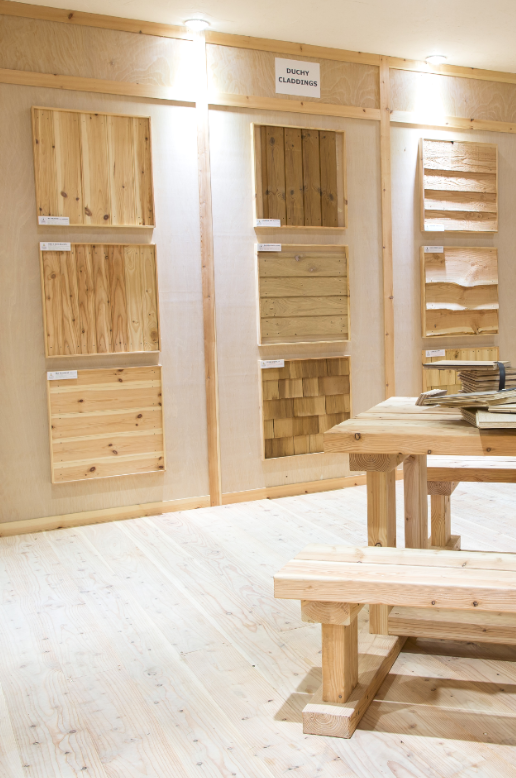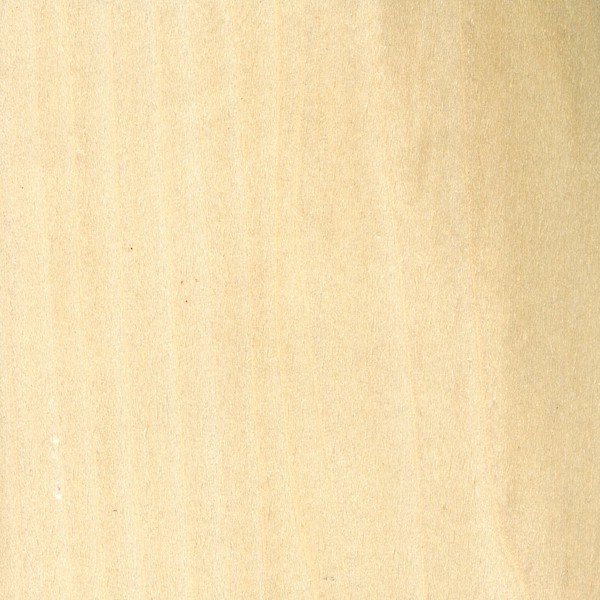- Furniture
- Doors
- Interior joinery
- Cabinetry e.g. kitchen cabinets, cupboards
- Millwork
- Panelling
- Veneers
- Mouldings
- Caskets, coffins
PRODUCTS
SERVICES
NEWS



Tulipwood, also known as yellow poplar, is a hardwood species that is native to North America. American tulipwood is a popular choice for a variety of applications, including furniture, doors, interior joinery, mouldings and kitchen cabinets.
The heartwood (the centre of the tree) of American tulipwood ranges from pale yellow to light brown and is often streaked with grey or green. The sapwood (the timber closer to the outside of the tree) is white to pale yellow. The wood has a straight, uniform grain that is generally easy to work with hand or machine tools. It is also easy to glue, nail and screw, and can be sanded to a smooth finish.
One of the most distinctive features of American tulipwood is its lightweight nature combined with strength. It has a low density, making it ideal for use in furniture and other applications where weight is a concern. Due to tulipwood’s low density, a finer grit of sand paper is needed to get a smooth finish otherwise sanding or shaping will leave fuzzy edges.
Another reason for tulipwood’s popularity is due to the lack of knots, making the timber attractive and easy to work with.
Depending on what you need, Premier Forest Products can create bespoke profiles and mouldings to your specific requirements at our specialist machining facilities; or for something extra special, at our in-house joinery workshop.
American Tulipwood at a glance:
*The Janka hardness test measures the resistance of a sample of wood to denting and wear.
Image supplied courtesy of The Wood Database.